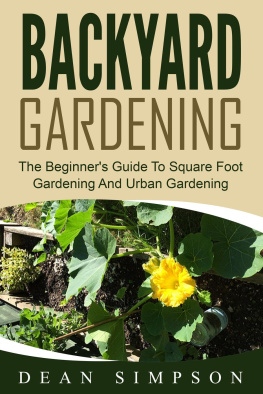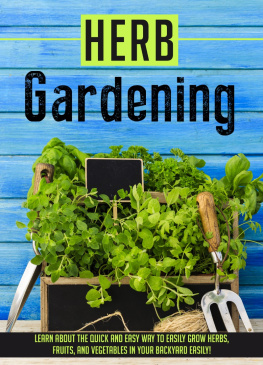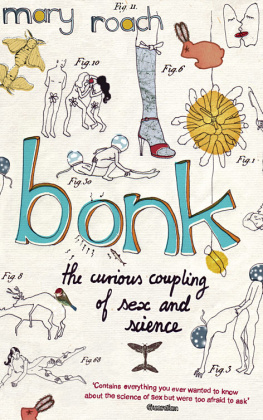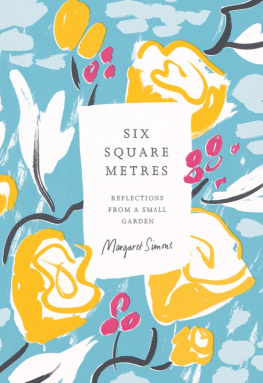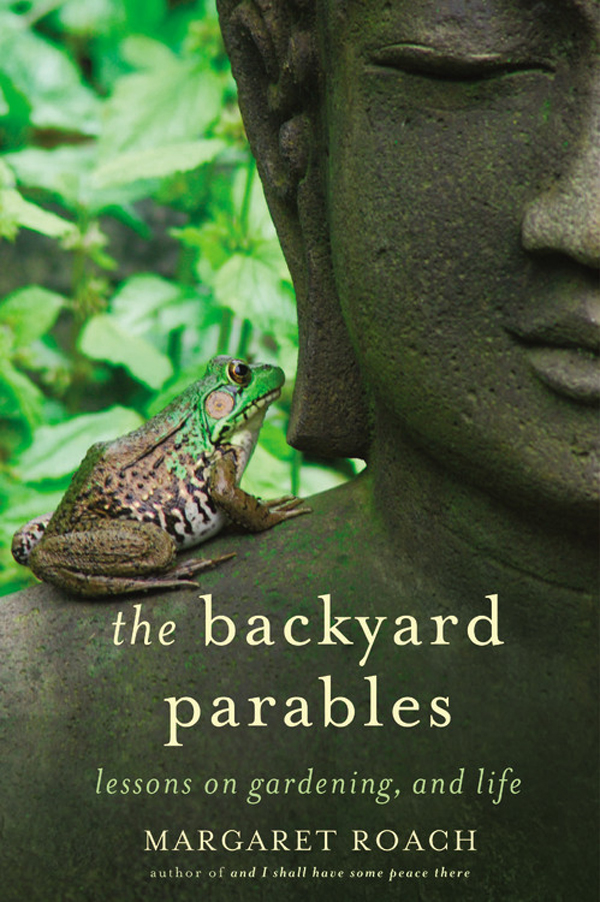In accordance with the U.S. Copyright Act of 1976, the scanning, uploading, and electronic sharing of any part of this book without the permission of the publisher constitute unlawful piracy and theft of the authors intellectual property. If you would like to use material from the book (other than for review purposes), prior written permission must be obtained by contacting the publisher at permissions@hbgusa.com. Thank you for your support of the authors rights.
Thank you for buying this e-book, published by Hachette Digital.
To receive special offers, bonus content, and news about our latest e-books and apps, sign up for our newsletter.
Sign Up
Or visit us at hachettebookgroup.com/newsletters
Copyright 2013 by Margaret Roach
Copyright 1998 by Wendell Berry. With permission of author and Counterpoint Press, a member of Perseus Book Group.
The story of the man from Song, Bryan W. Van Norden, trans., from The Essential Mengzi (Indianapolis: Hackett Publishing, 2009) p. 17 (passage 2A2). Reprinted with permission. What We Need Is Here from Selected Poems of Wendell Berry, by Wendell Berry.
Passage from The Character of Physical Laws by Richard P. Feynman, MIT Press, 1967. Reprinted with permission.
The techniques and methods contained in this book are the result of the authors experience in working with certain materials. Care should be taken to use the proper materials and tools as advised by the author. It is difficult to ensure that all the information given is entirely accurate and the possibility of error can never be entirely eliminated. This book and the material contained herein have not been examined for safety engineering, consumer and workplace safety, or similar laws or regulations. The publisher will assume no liability for any injury or damage to persons or property that may result from the use or application of any of the contents of this book.
All rights reserved. In accordance with the U.S. Copyright Act of 1976, the scanning, uploading, and electronic sharing of any part of this book without the permission of the publisher constitute unlawful piracy and theft of the authors intellectual property. If you would like to use material from the book (other than for review purposes), prior written permission must be obtained by contacting the publisher at permissions@hbgusa.com. Thank you for your support of the authors rights.
Grand Central Publishing
Hachette Book Group
237 Park Avenue, New York, NY 10017
www.hachettebookgroup.com
www.twitter.com/grandcentralpub
First e-book edition: January 2013
Grand Central Publishing is a division of Hachette Book Group, Inc.
The Grand Central Publishing name and logo is a trademark of Hachette Book Group, Inc.
The Hachette Speakers Bureau provides a wide range of authors for speaking events. To find out more, go to www.hachettespeakersbureau.com or call (866) 376-6591.
The publisher is not responsible for websites (or their content) that are not owned by the publisher.
ISBN 978-1-4555-1823-4
And I Shall Have Some Peace There
A Way to Garden
For Marco Polo Stufano, whoI suspect against his better instinctsmade room for me so I could grow.
Geese appear high over us,
pass, and the sky closes. Abandon,
as in love or sleep, holds
them to their way, clear
in the ancient faith; what we need
is here. And we pray, not
for new earth or heaven, but to be
quiet in heart, and in eye,
clear. What we need is here.
WENDELL BERRY

For myself, I am grateful to nature, not so much when I see her on the side that is open to the world, as when I am permitted to enter her shrine. Then one may seek to know of what stuff the universe is made, who is its author or guardian, what is the nature of God. Life would have been a useless gift, were I not admitted to the study of such themes.
SENECA, 4 BCAD 65, FROM NATURAL QUESTIONS, BOOK 1
O NCE UPON A TIME, A faithless twenty-five-year-old got down on her knees and fashioned her first garden. It was a sorry thing, but also a matter of great pride, this perennial checkerboard imprinted on a sloping bit of ground outside her familys kitchen door.
As if pricking through a preprinted canvas pattern of counted cross-stitch, she populated the tiny strip of inadequately cultivated soil with an equal number of two kinds of perennials. Half were low-growing, succulent rosettes called Sempervivum, or hens and chicks, houseleeks, or live-foreversince as she tucked these first roots in, she unwittingly entered a world where all the characters masquerade behind multiple nicknames, and where art and science collide so that theres no straight answer to anything (which miraculously somehow makes everything perfectly clear). The others were Kniphofia (a.k.a., red-hot pokers, torch lilies, or tritomas) a tall thing with vaguely obscene wand-like flowers striped in hot sunset shades.
She did not leave proper space between, nor note the light conditions either plant required. But for that moment, there was peace on earth, and trust in her heart.
In the practice of blind devotion to living things called gardening, that is where I got started: assuming a posture of supplication and gridding out an alternating arrangement of plants that should never be combined, but what did I know? Just one thing, really:
I knew that the postage-stamp-sized color photos on their plastic nursery labels had made lust rise up in me. Over all the other choices at the garden center where I had innocently wandered that morning, seeking a distraction from things at home, I wanted these beauties for myself.
This is how it begins: with the deadly sin of lust. Then you kneel a lot, and when you finally get up again, youre not meek or humble quite yet but filled with the germ of another transgressionthat of pride, which is said to be the worst of all and often the root of the others. Like the knees of your trousers, you will never quite recover.
Thinking back, I wonder: What was I greedily praying for as I knelt that very first day? Was it for the thousands of hapless perennial seedsthe entire contents of each of many packets whose cunning cover photos had also won my heart during that same nursery shopping trip? I had planted them in too-close quarters, set them in a porch where theyd be guaranteed too little light, and overwatered for good measure.
As I poured instead of pinched them into place, like a kid happily suffocating cookies with sprinkles or a card for Mom with glitter, I was imagining riot-of-color, meadow-sized beds that never stopped blooming. I dont think I knew enough to know what trouble the seeds, and I, were in.
No, I had probably come to these first two nave, concurrent experiments of mad science seeking something with at least a little hope attached. Inside the house, just beyond that kitchen doorway and the ad hoc propagation porch, these were not sunny days but ones where a loved one struggled with illness, and would not get well. I flailed in various ways as I tried to find the answer to why, and sought any shred of optimismthe powerful potion of possibility or, better yet, belief. I got a garden (such as the wretched patch was), which in itself can feed the soul and even the body, but I also got occupational therapy, then eventually faith in the bargain, faith cultivated by a sequence of life lessons that all the digging and weeding and watering that followed brought to the surface.


